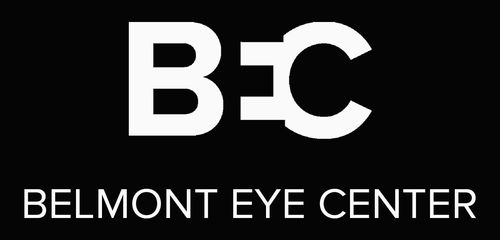We often consider sunglasses as stylish accessories to complement our outfit or perhaps shield our eyes from the glaring sun on a particularly sunny day. However, more than just fashion statements, they play a pivotal role in protecting our eyes. Failing to wear sunglasses can cause unnoticed harm to our vision. Here’s a deep dive into the dangers of underestimating the power of good eyewear.
1. Exposure to Ultraviolet (UV) Rays:
The primary concern with not wearing sunglasses is the exposure to ultraviolet (UV) rays. Over time, the eyes’ exposure to UV rays can lead to cataracts, macular degeneration, and even some forms of eye cancers. Both UVA and UVB rays pose threats to eye health, causing long-term and sometimes irreparable damage.
2. Photokeratitis:
Ever heard of sunburn on your cornea? It’s called photokeratitis and is akin to a sunburn. Symptoms can include red eyes, a gritty feeling in the eyes, extreme sensitivity to light, and excessive tearing. Much like sunburn on your skin, the effects might not be immediately noticeable, but the damage accrues over time.
3. Surfer’s Eye (Pterygium):
This condition refers to the growth of the conjunctiva or mucous membrane that covers the white part of your eye over the cornea. While it’s non-cancerous, it can cause discomfort and distorted vision.
4. Enhanced Light Sensitivity:
Without sunglasses, your eyes are forced to adjust constantly to the varying intensities of light, making them more prone to fatigue and strain. This can heighten light sensitivity, especially in individuals already predisposed to conditions like migraines.
5. Higher Risk of Cataracts:
The World Health Organization states that up to 20% of cataract cases might be caused by extended UV exposure. Wearing sunglasses can significantly cut this risk, protecting the lens of your eyes from harmful rays.
6. Potential for Blue Light Exposure:
Beyond just UV rays, there’s increasing evidence that long-term exposure to blue light, especially from the sun, may contribute to retinal damage and other long-term vision problems. Sunglasses with blue light protection can help mitigate this risk.
Conclusion:
Your vision is one of your most precious assets. Investing in a quality pair of sunglasses isn’t just about looking good; it’s about safeguarding your eyesight against a multitude of threats. Next time you step out, don’t forget those shades. They are your personal shields against the unseen adversaries that the sun throws at your eyes. Remember, prevention is always better than cure, especially when it comes to the invaluable gift of sight.
